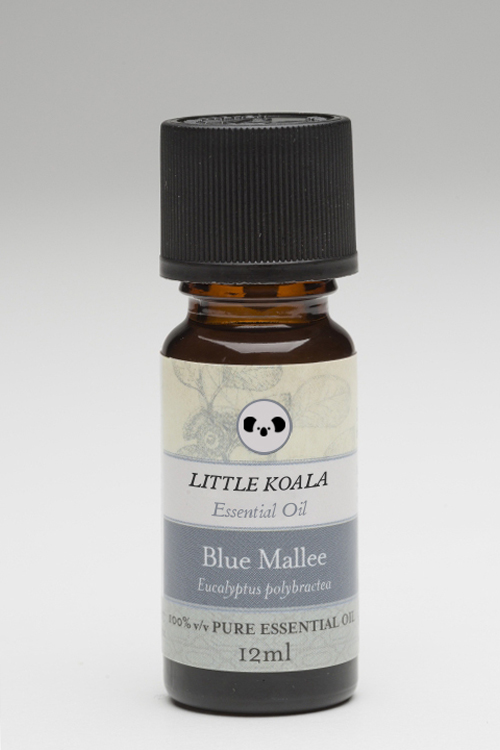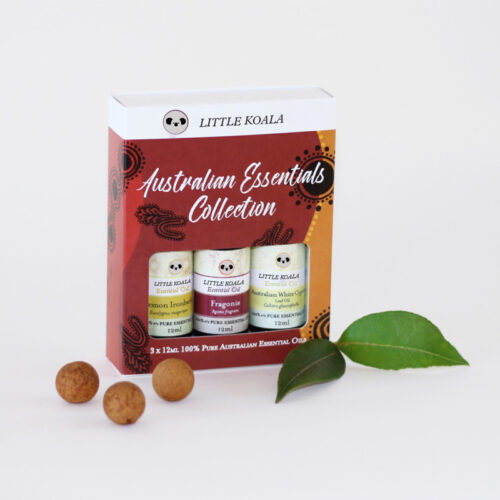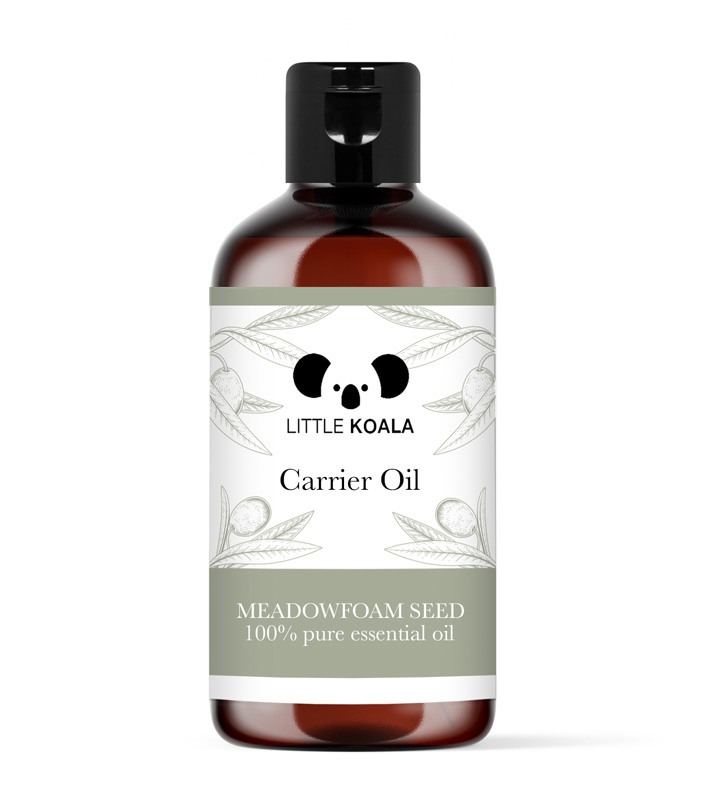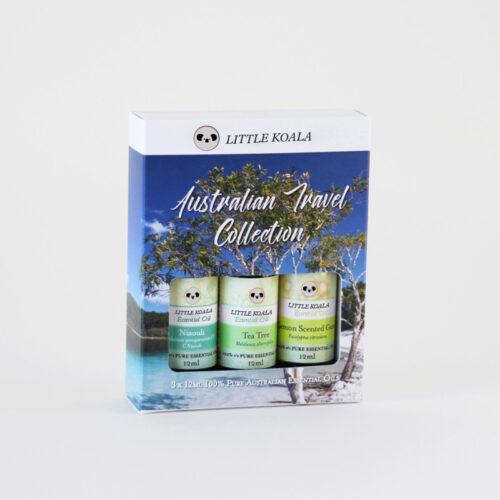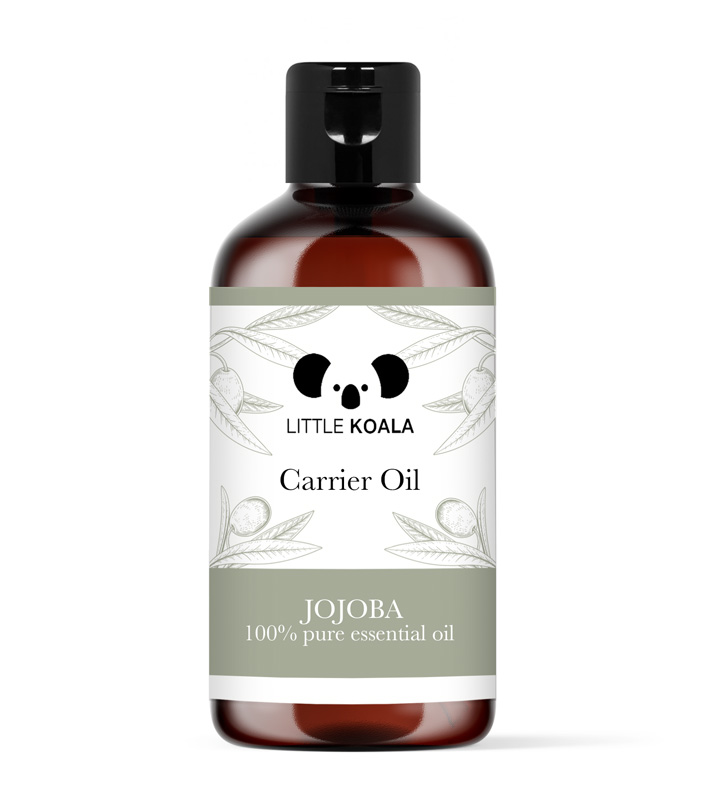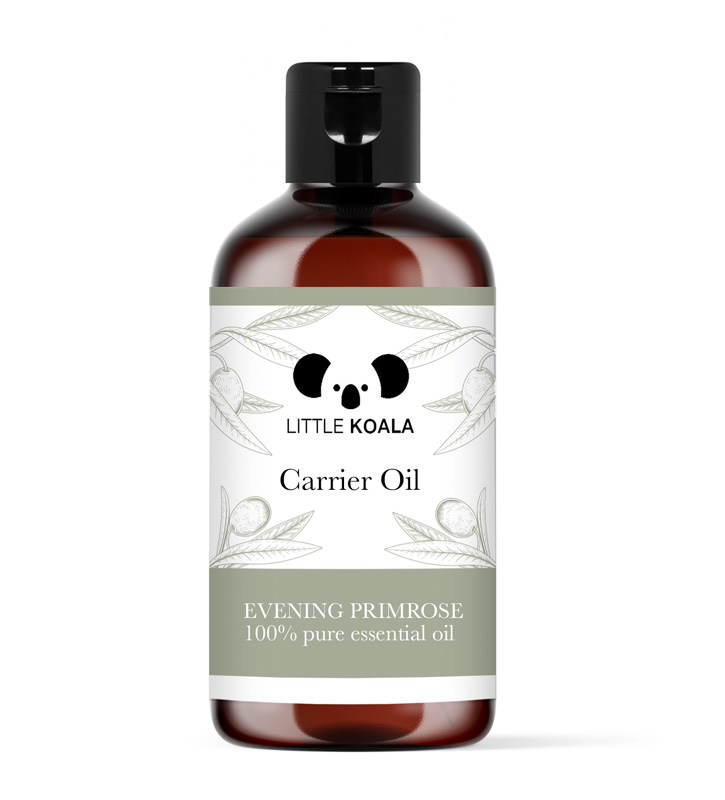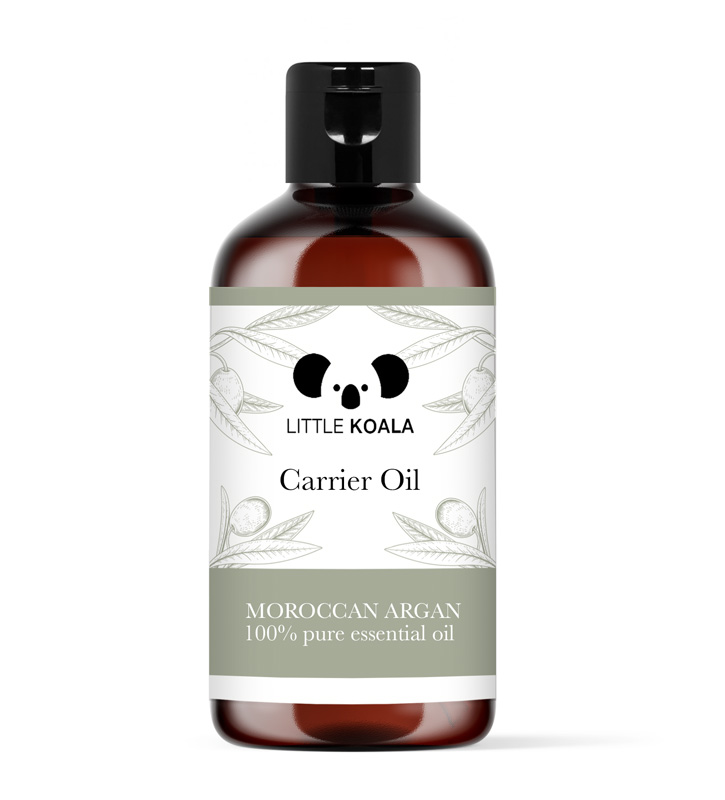-
-
-
-
-
-
-
-
COCONUT OIL WHAT IS FRACTIONATED COCONUT OIL? Fractionated coconut oil, often advertised as “MCT oil” and “liquid coconut oil”, has a botanical name of Cocos nucifera (L.) and is colourless or transparent in appearance. It also has a thin consistency and fairly odourless scent that is ideal for use in many applications. The source of this oil, the coconut fruit, grows on the coconut palm, botanically known as Cocos nucifera (L.). These palms are indigenous to tropical regions of Asia, including countries like India, the Philippines, and Thailand. The trees flourish in sandy soils, benefiting from ample sunlight and consistent rainfall. These ideal growing conditions contribute to the richness and quality of the coconut oil derived from these fruits. Fractionated coconut oil is distinctive in its physical properties. Unlike virgin coconut oil, which can be cloudy and can solidify at room temperature, fractionated coconut oil remains clear and liquid. This liquid state is due to the removal of certain fatty acids, especially lauric acid, which has a higher melting point. The absence of these longer-chain fatty acids gives fractionated coconut oil its thin, non-greasy consistency. Moreover, while virgin coconut oil has a notable tropical scent due to its full range of fatty acids and natural compounds, fractionated coconut oil is relatively odourless. This lack of scent makes it more versatile, as it doesn't interfere with other fragrances or essential oils it might be mixed with. FRACTIONATED COCONUT OIL USES Fractionated coconut oil, due to its unique properties, has found applications in a range of non-health-related sectors. Here are some of its uses: PERFUMES AND FRAGRANCES In the realm of perfumes and fragrances, the base or carrier oil plays a crucial yet often understated role. The primary function of this base is to act as a vehicle for the fragrant compounds, ensuring they remain stable, are applied smoothly, and are released gradually over time. Fractionated coconut oil has emerged as a particularly effective carrier oil in this context, and here's why: ODOURLESS NATURE One of the foundational requirements for a carrier oil in perfumery is that it should be neutral or nearly odourless. The presence of a strong inherent scent in the carrier oil can distort or compete with the fragrance notes intended by the perfumer. Fractionated coconut oil, being virtually scent-free, offers a blank canvas. This ensures that when fragrant compounds are mixed with it, their aromas remain true to their original profiles and are not altered or muddied by the carrier's scent. STABILITY Fractionated coconut oil is highly stable due to its resistance to oxidation. This stability ensures that the perfume's scent remains consistent over time and doesn't degrade or change due to reactions with the carrier oil. This is particularly crucial for high-end perfumes, which might be stored for extended periods before use. CONSISTENCY The liquid and smooth consistency of fractionated coconut oil allows for easy blending with fragrant compounds. This ensures a homogeneous mixture, where each application delivers a consistent scent profile. SILLAGE AND LONGEVITY 'Sillage' refers to the trail of scent left behind by a perfume, and 'longevity' pertains to how long a fragrance lasts on the skin. A good carrier oil can enhance both. Fractionated coconut oil's ability to slowly evaporate and release the fragrance compounds gradually can extend the perfume's longevity on the skin and ensure a more pronounced sillage. STABILITY Its resistance to oxidation means that fractionated coconut oil doesn't break down quickly when exposed to air. This stability ensures a prolonged lubricating effect compared to some other natural oils that might oxidise and lose their efficacy. RESISTANCE TO TEMPERATURE FLUCTUATIONS While not suited for high-temperature industrial applications, fractionated coconut oil can handle typical temperature variations in household settings without losing its viscosity of lubricating properties. SAFETY AND BIODEGRADABILITY Being derived from a natural source, fractionated coconut oil is biodegradable, non-toxic, and environmentally friendly. For applications where environmental concerns or potential exposure to skin are factors, it presents a safer option. ENHANCED CONSISTENCY: The consistency of the wax blend plays a pivotal role in the final quality of the candle. Fractionated coconut oil, being liquid at room temperature, can be mixed with harder waxes to modify their consistency. By doing so, candle makers can achieve a more desirable, smoother texture in the final product. IMPROVED BURN QUALITY The burn quality of a candle determines how evenly it melts, the steadiness of its flame, and its overall burning time. Incorporating fractionated coconut oil can result in a more consistent and cleaner burn, reducing occurrences of issues like tunnelling (where only the centre of the candle melts, leaving a ring of unburnt wax around the perimeter). IMPROVED MOULD RELEASE For candles made in moulds, a smoother blend incorporating fractionated coconut oil can ensure easier release from the mould, resulting in a cleaner and more defined candle shape. COST-EFFECTIVENESS While pure beeswax or certain speciality waxes can be pricey, blending them with fractionated coconut oil can be a cost-effective way to produce a larger volume of high-quality candles without compromising too much on the desired characteristics.
-
-
-
-

